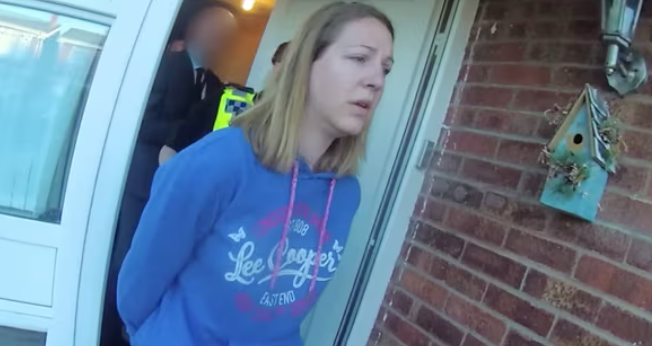Lucy Letby, a neonatal nurse who worked at the the Countess of Chester hospital in the U.K. was convicted of murdering seven babies and attempting to murder six more.
The 33-year-old has been convicted at Manchester crown court on Friday of “persistent, calculated and cold-blooded” murders of premature infants, according to prosecutors. Letby was also found not guilty of two counts of attempted murder that she had been charged with. The jury spent more than 96 hours deliberating the number of charges that the nurse was accused of committing between between June 2015 and June 2016.
Also Read | Who is Austin Ford? Man sentenced to 20 years in connection to murder of old Gwinnett County teen
She was finally reported to police in 2017 and arrested in 2018. Letby will be sentenced on the counts on which she has been found guilty on Monday.
How did Lucy Letby kill babies?
During the trial, it was revealed how Letby murdered newborns by injecting air into their bodies. In a number of cases, she shattering their diaphragms. In one case, she pushed a tube down an infant’s throat.
She reportedly tried to lace the feeding bags of two infants with insulin. She had injected air into a baby boy’s bloodstream and then responded to his cot monitor alarm, writing down a list of emergency drugs given to him on a paper towel. She also poisoned his twin brother, Child L, with insulin.
Also Read | Who is Antonio Armstrong Jr.? Son of ex-NFL player sentenced to life imprisonment for murdering parents
Two of her victims included two identical triplet brothers who were killed within 24 hours of each other, a newborn weighing under 2lb who was fatally injected with air, and a 10-week prematurely born baby girl who was murdered after her fourth attempt.
DCI Nicola Evans, of Cheshire constabulary, described her as a “calculated and callous” killer who murdered “under a cover of trust.” “Lucy Letby was operating in plain sight. She abused the trust of the people around her. Not just the parents that had entrusted her with their babies but also the nurses she worked with and the people that she regarded as friends,” Evans said.







